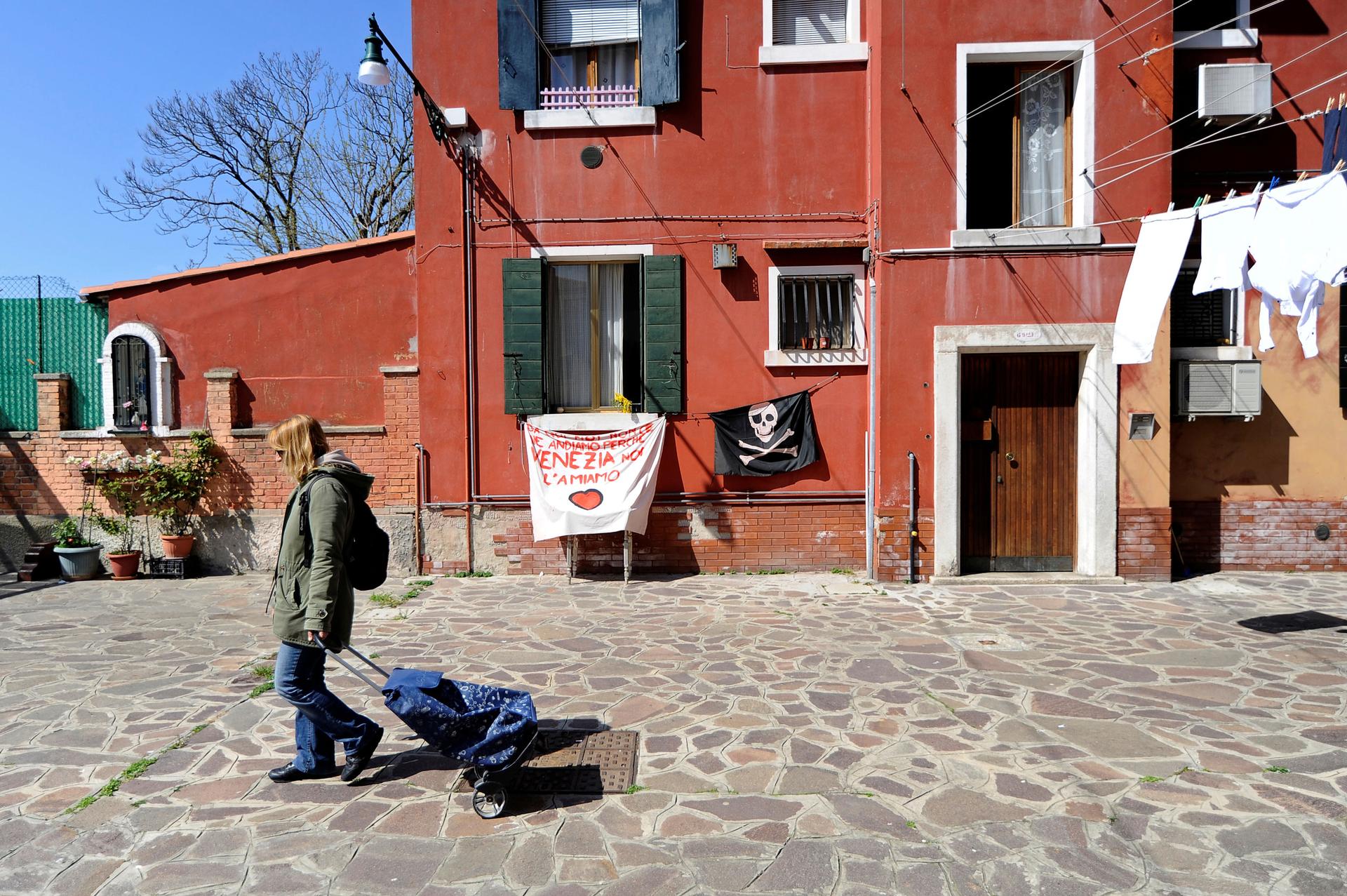Venice’s population has declined rapidly from roughly 175,000 after World War II to about 50,000 today. Remaining residents complain that their city is being overrun by tourists while they have to pick up the bill for cleaning and security.
Around 25 million tourists pour into the Italian lagoon city each year, of whom around 14 million spend just one day there. It has close to 8,000 Airbnb apartments catering for those who stay longer, soaking up the attractions around the canals.
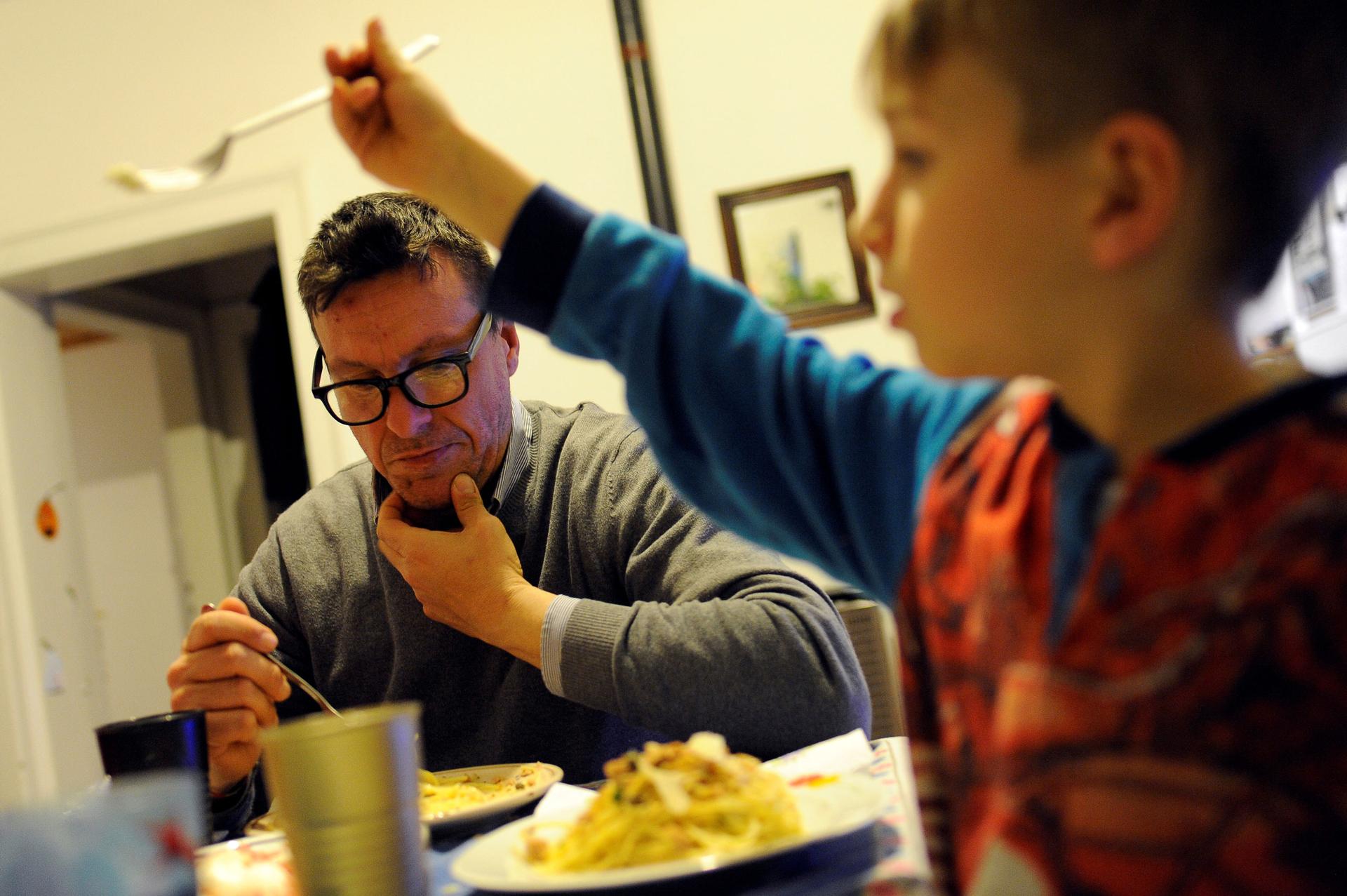
Nicola Ussardi, 41, co-founder of a housing community group that helps Venetians find homes, has been squatting in an apartment in the Cannaregio district since 2013, with his partner Nadia and their two children.
He says many houses remain empty as people are forced to move out and then cannot afford the upkeep of the properties in order to rent them out — although the city housing authority says the activists are preventing the renovation of homes by occupying them.
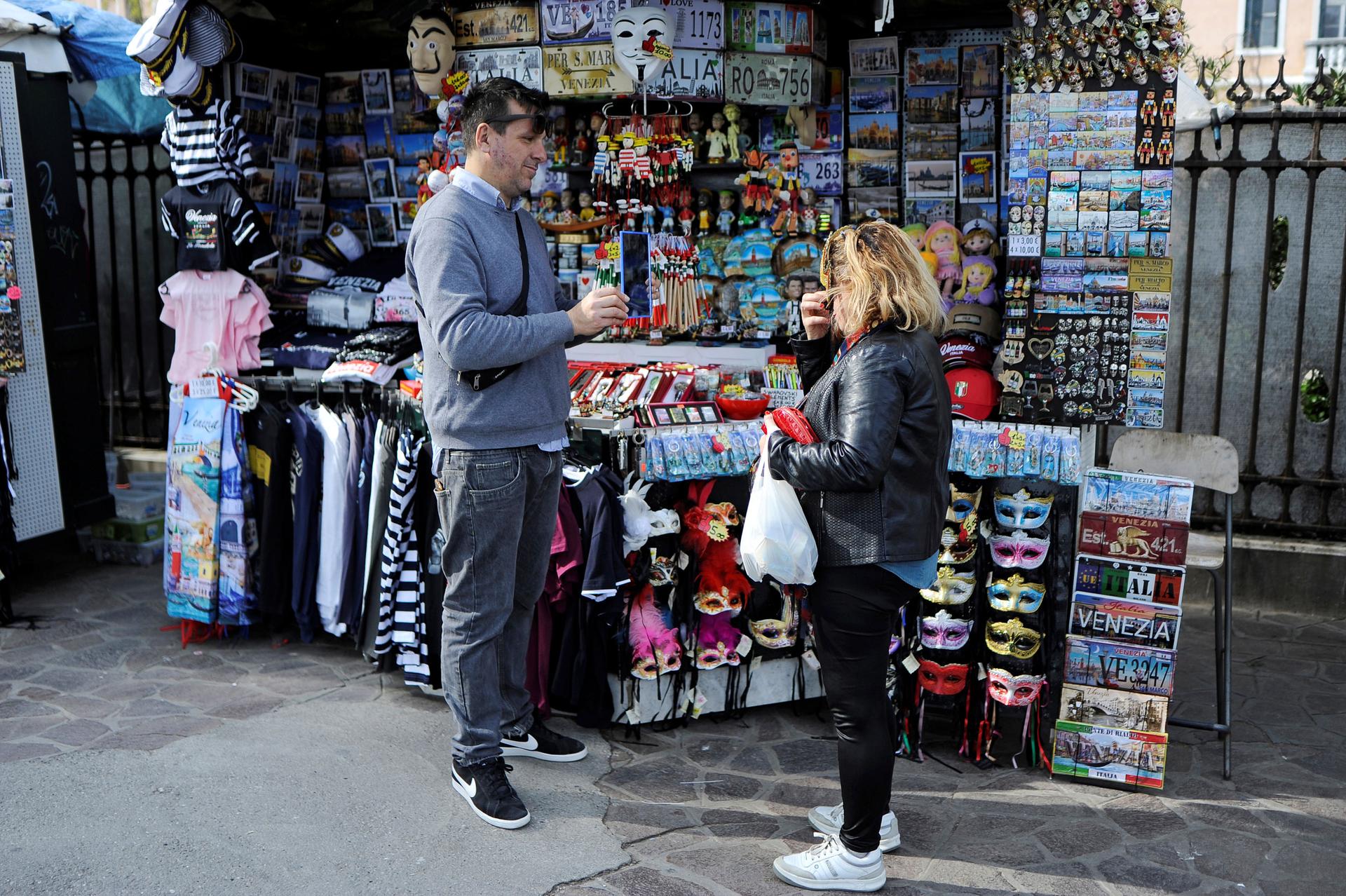
“There are no houses for the rich or for the less rich, not even for the poor. There are no houses available in Venice unless you are a tourist,” said Ussardi, who runs a souvenir stall near St. Mark’s square.
Ussardi earns between 800-1,300 euros a month ($900-$1,450) from his stall. Most rents for a family of four in central Venice are above 900 euros a month.
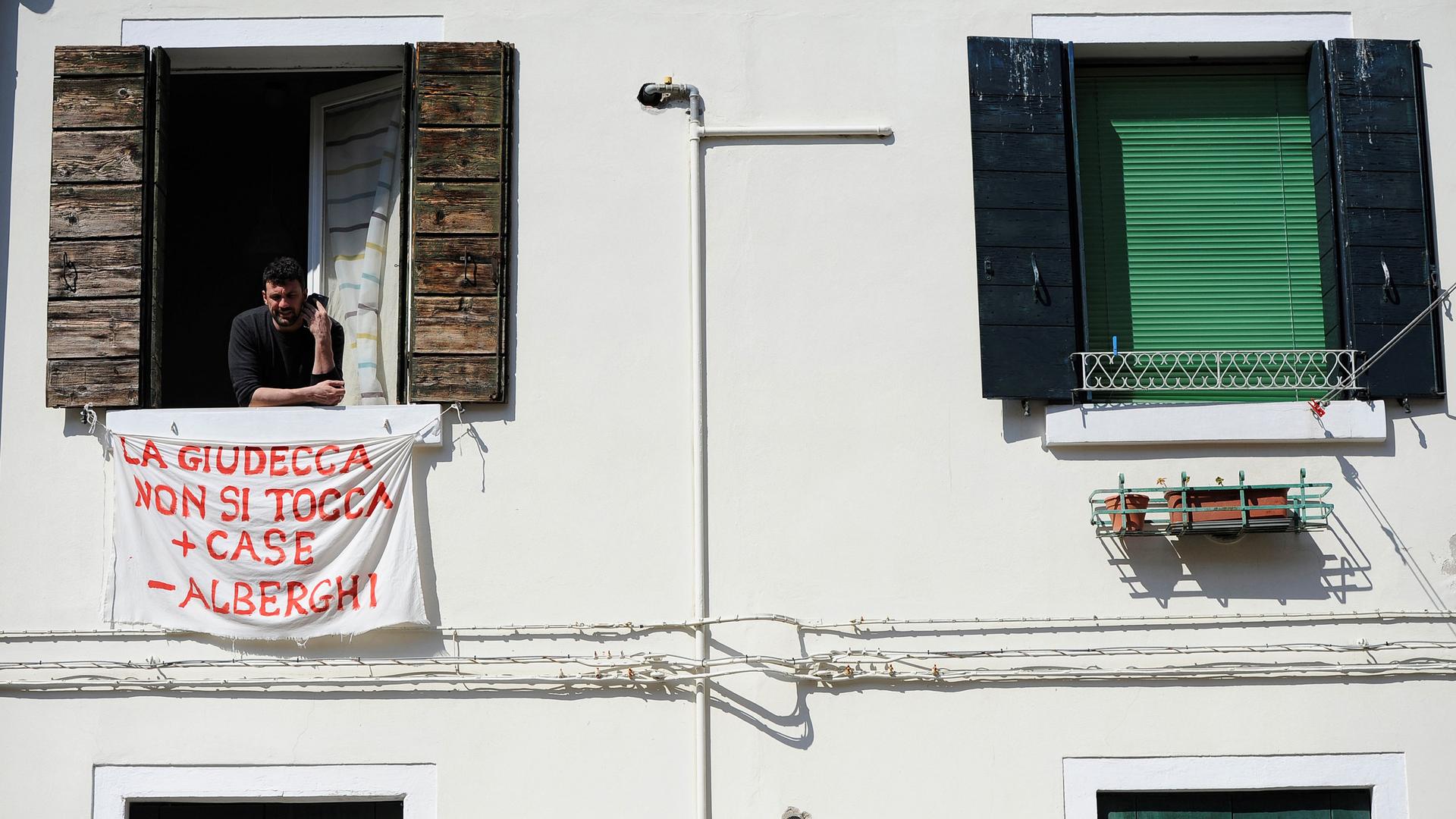
Alessandro Dus, 34, has been occupying an apartment for two years.
“We want to fight against the thousands of closed abandoned apartments in Venice, when we move to an abandoned apartment we renovate it and we make it habitable again,” he said.
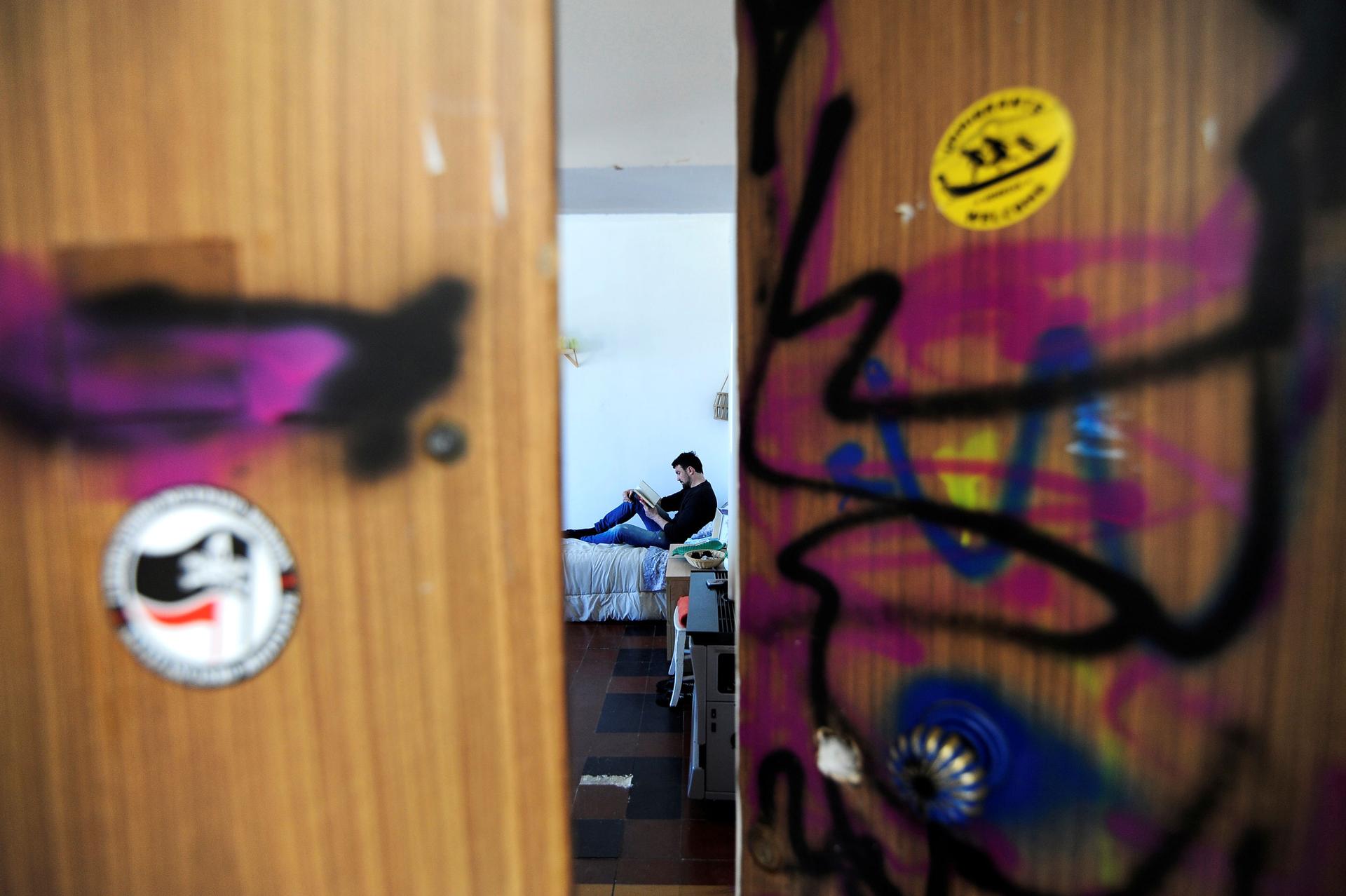
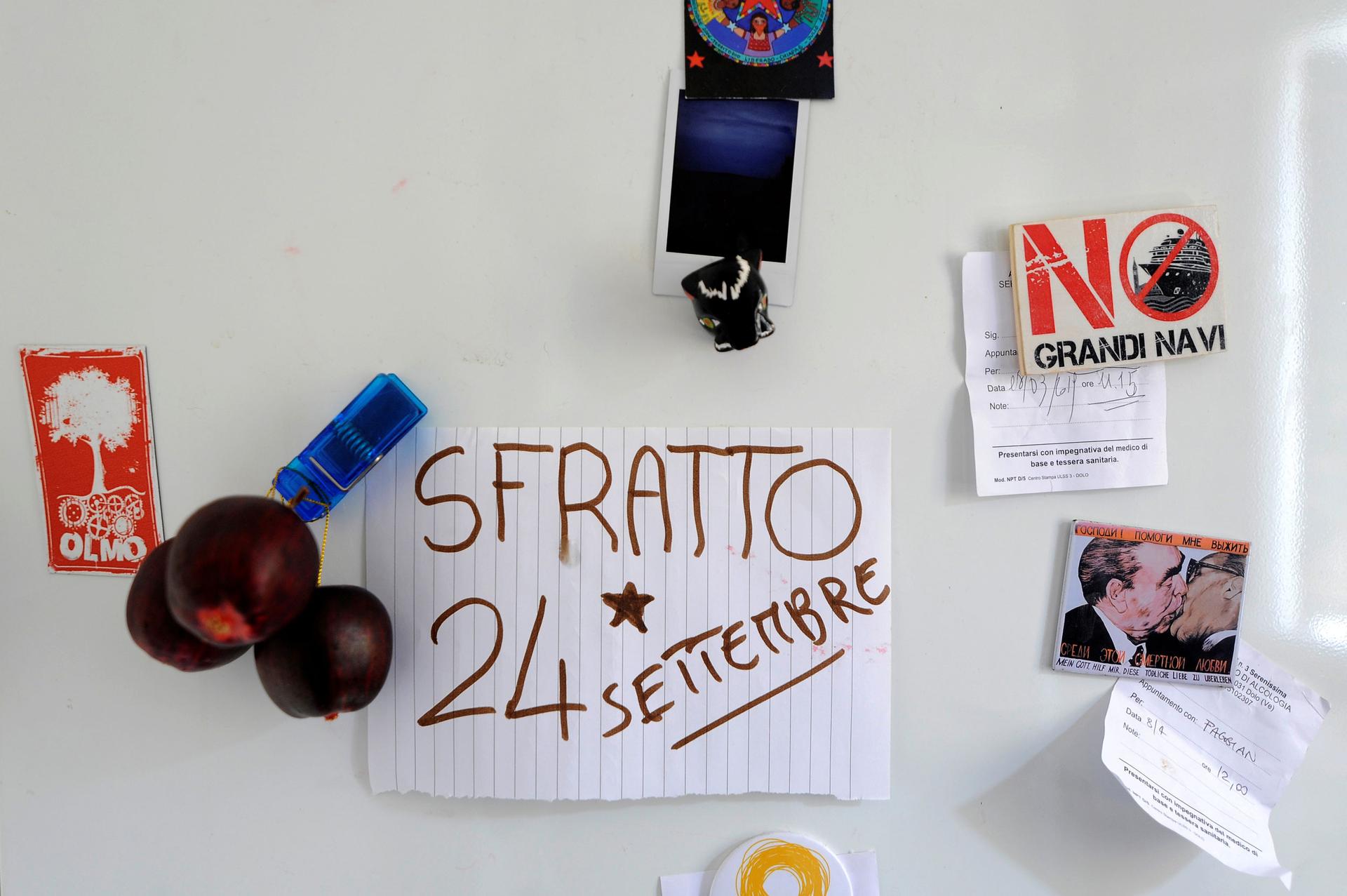
Venetians do not want to end tourism — a huge revenue earner — but like many hotspots now looking to address the challenges from a surge in visitors, they are working out how numbers can be controlled and how locals might be able to stay in the city.
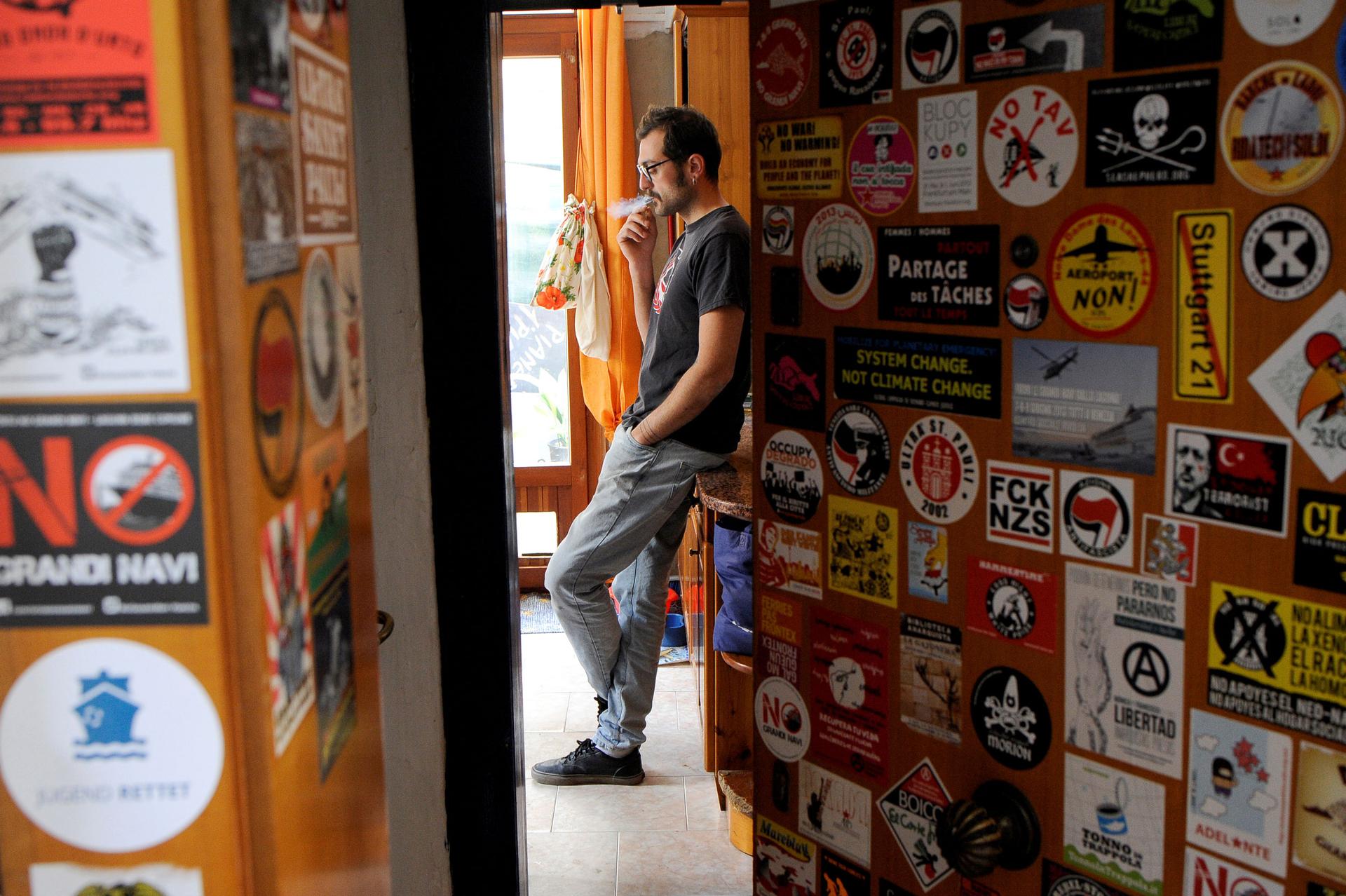
This year, Venice council voted to impose an entrance fee for visitors to help pay for the upkeep of the much-visited World Heritage Site and maybe help limit the numbers.
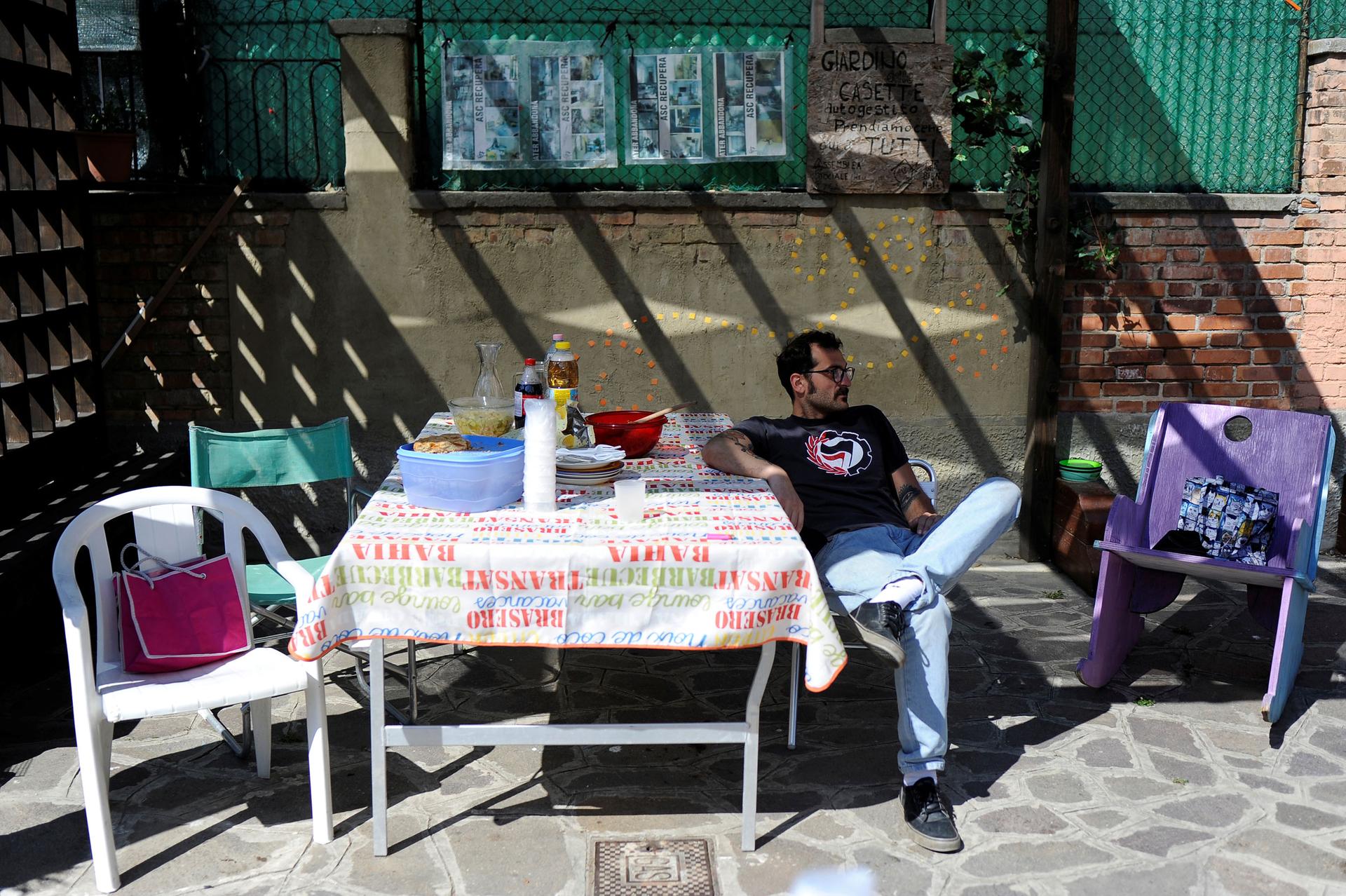
While acknowledging that “Venice risks extinction”, regional housing agency chief Raffaele Speranzon denounced the squatters for taking matters into their own hands, saying they are jeopardizing the fair allocation of homes.
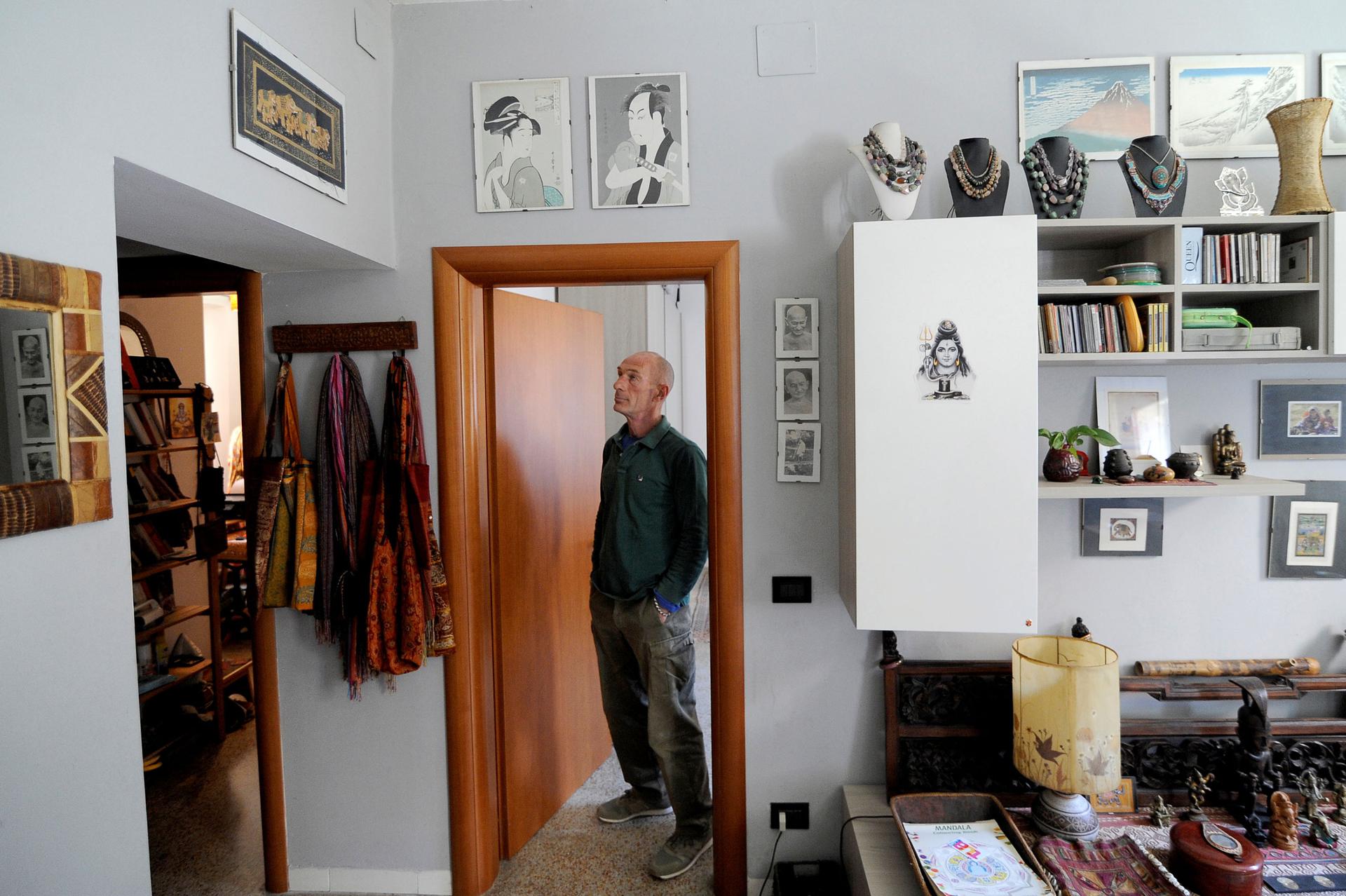
“We have funds which come to us from the region in order to maintain these buildings but frequently we can’t use this money because the houses are occupied. In effect these are houses extracted from the community,” he said. “Often they are passed out between friends, ignoring people who want to follow the rules or request apartments in a legal manner. It is like jumping the queue at the check-out till.”
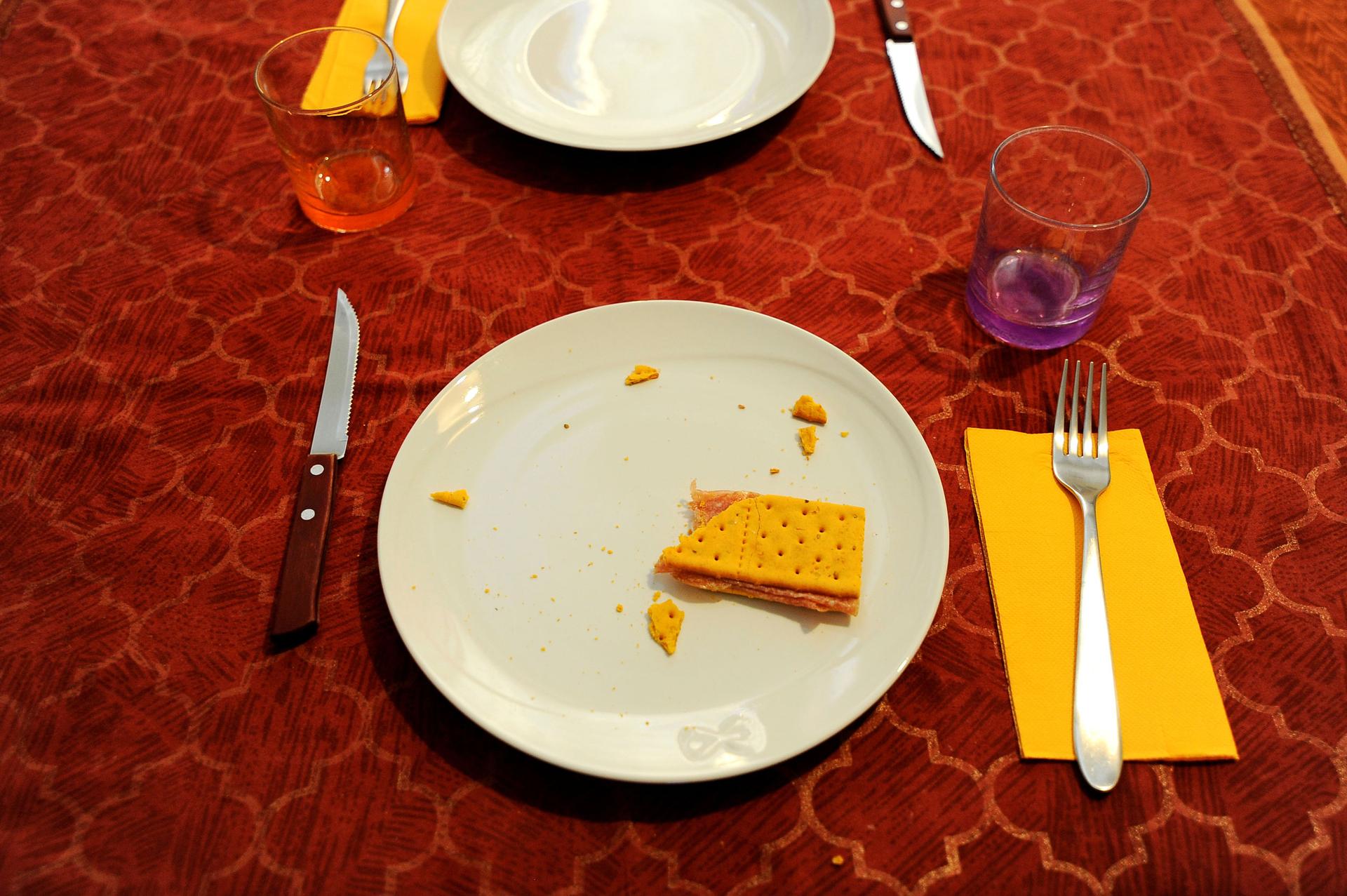
By Guglielmo Mangiapane/Reuters
Reporting by Guglielmo Mangiapane; Writing by Eleanor Biles; Editing by Alison Williams.
